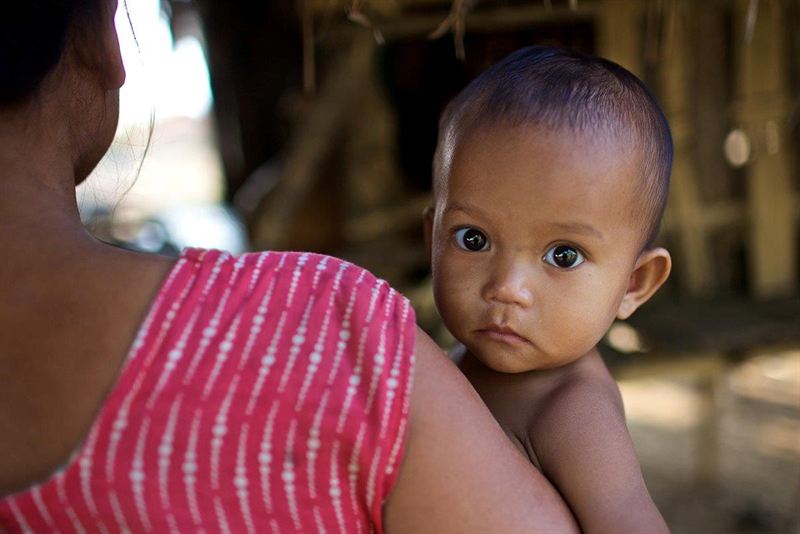A recent Harvard study points out a healthy food crisis in India, mentioning around 6.7 million Indian children are starving.
The study looks at the number of infants between six and 23 months who have not consumed food for a day.
Though the study talks about the importance of breastfeeding, it mentions that breastfeeding itself is not sufficient to provide nutrition to infants or children.
The study talks about ‘zero-food children’ sourcing data from various government sources and researching the number of children receiving food except breastfeeding for a day.
It has revealed some alarming results regarding the number of ‘zero-food children’ cases across countries. However, it has come across criticism by Indian authorities.
Table of Contents
Are children facing hunger in India?
The findings indicate that 10.4% of the children in the data are identified as ‘Zero-Food Children.’ It refers to children from six to 23 months old who are not getting food in a day.
The study reveals the highest prevalence of ‘Zero-Food Children’ in India. Around 6.7 million children face hunger in India, contributing half of ‘Zero-Food Children’ across 92 countries in the survey. It shows the need for targeted interventions and policies to address the issue of hunger in India.
The number of zero-food children ranges from 0.1% in Costa Rica to 21.8% in Guinea.
India stands third globally after West African countries Guinea (21.8%) and Mali (20.5%). Among other countries, Nigeria ranks second with 962,000 zero-food children, followed by Pakistan with 859,000, Ethiopia with 772,00, and the Democratic Republic of Congo with 362,000.
One of the concerning results is the high prevalence of zero-food children in West and Central Africa, constituting 10.5% of the total.
The data for the study is collected from the Demographic and Health Surveys (DHS) and Multiple Indicator Cluster (MICS) surveys conducted between May 20, 2010, and January 27, 2022.
The data for India is sourced from the National Family Health Survey (2019-2021). However, it may happen that the high number of zero-food children cases resulted from COVID-19 during that time.
Background of the study
The Havard study was conducted across 92 low and middle-income countries (LMIC) and found that many children do not have access to any food, especially healthy food.
The study is essential to understanding child nutrition, hunger in India, and food availability in low and middle-income countries. It was published in JAMA Network Open, a peer-reviewed journal, on February 12.
The study accessed the number of children from six to 23 months who have not had any milk, formula, or solid or semisolid food, including healthy food, in the past 24 hours, as reported by their mothers or caretakers.
The study’s authors are S.V. Subramaniam, professor of population health and geography, and Rockli Kim, visiting scientist at Harvard Center for Population and Development Studies.
The research highlights the nutrition-related challenges faced by children in those countries.
Response to the nutrition concern
Two critical economists, Sanjeev Sanyal and Aakanksha Arora from the Economic Advisory Council to the Prime Minister, have dismissed the Harvard study, citing it as misleading.
According to them, the children might have consumed solid or semisolid food in the previous 24-hour cycle. They also mention that the ‘zero-food children’ term is misleading and is misrepresented. It has also excluded the idea of breastfeeding.
After the dismissal from the Economic Advisory Council to the Prime Minister, the Union Ministry of Women and Child Development also criticized the study.
The study says that 81% of the children surveyed had consumed some complementary food in addition to breast milk within the 24 hours before the survey. However, the ministry argues that this does not mean that infants who did not consume any food were entirely without any nourishment.
The ministry emphasizes the concept of ‘zero-food children,’ which lacks a scientific basis, and the methodology is not transparent. They also mentioned that until now, no data from the Indian government has reported children starving. Thus implying the Harvard study is misleading.

1 Comment
Pingback: Zero-Food Children in India: A Disturbing Reality